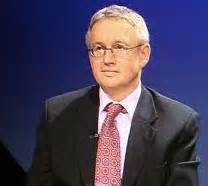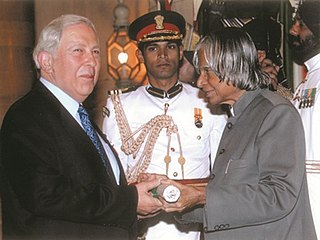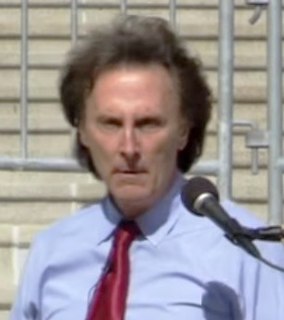A Quote by Lothar Hirneise
I find it tragic that I must experience almost daily that cancer patients spend more time thinking about how many, and which, tablets they should take instead of dealing with personal changes.
Related Quotes
The past doesn't change no matter how much time you spend thinking about it. Good and bad all add up to the whole. Take away one piece, no matter how small, and the whole changes. Whether it's optimism, pessimism or fatalism, I don't spend my time wishing for the past to be different so present would be different, too. I control my future with what I choose now.
Through the healing process of time-and through medical intervention or hospitalization in many cases-most people survive depression which may be its only blessing; but to the tragic legion who are compelled to destroy themselves there should be no more reproof attached than to the victims of terminal cancer.
You know, cancer is bipartisan. I mean, there are so many people whose lives are touched and changed by cancer that people are willing to work together to find cures, find solutions, make lives better for cancer patients. So I think people put politics aside. This isn't a political thing. This is a life issue.
How much time have you invested in thinking about strategy? How many options have you considered before the plan was written? How have you ensured that the thinking behind the plan is challenged? How much time do you spend exploring trends, possibilities and cool stuff? How much time is spent playing with ideas, hopes and dreams?
Understanding how to find the magic moments in your daily life is critical. If you subscribe to the philosophy that says, "My vacation will free me from burnout," then you`re waiting for a few days out of the year to make up for many days of stress. Instead, you have to be able to take mini-vacations on a daily basis.
My days I devote to reading and experiments in chemistry, and I spend many of the clear nights in the study of astronomy. There is, though I do not know how there is or why there is, a sense of infinite peace and protection in the glittering hosts of heaven. There it must be, I think, in the vast and eternal laws of matter, and not in the daily cares and sins and troubles of men, that whatever is more than animal within us must find its solace and its hope.
Don't think about what the market's going to do; you have absolutely no control over that. Think about what you're going to do if it gets there. In particular, you should spend no time at all thinking about those rosy scenarios in which the market goes your way, since in those situations, there's nothing more for you to do. Focus instead on those things you want least to happen and on what your response will be.
Some people spend their entire lives thinking about one particular famous person. They pick one person who's famous, and they dwell on him or her. They devote almost their entire consciousness to thinking about this person they've never even met, or maybe met once. If you ask any famous person about the kind of mail they get, you'll find that almost every one of them has at least one person who's obsessed with them and writes constantly. It feels so strange to think that someone is spending their whole time thinking about you.
We went through the records and we found over five hundred of his patients who were alive and well five years after their treatment, with no cancer. And Dr. Burton didn't selectively give us these. These were "take what you want. Here are the patients I treated." So there was statistical improvement - more so than any cancer institution in the United States could show.
I hope that other women can benefit from my experience. Cancer is still a word that strikes fear into people’s hearts, producing a deep sense of powerlessness. But today it is possible to find out through a blood test whether you are highly susceptible to breast and ovarian cancer, and then take action... It is my hope that they, too, will be able to get gene tested, and that if they have a high risk they, too, will know that they have strong options. Life comes with many challenges. The ones that should not scare us are the ones we can take on and take control of.
Educational bureaucracies dull a child's questing sensitivity. The young must be dampened down. Never let them know how good they can be. That brings change. Spend lots of committee time talking about how to deal with exceptional students. Don't spend any time dealing with how the conventional teacher feels threatened by emerging talents and squelches them because of a deep-seated desire to feel superior and safe in a safe environment.
































